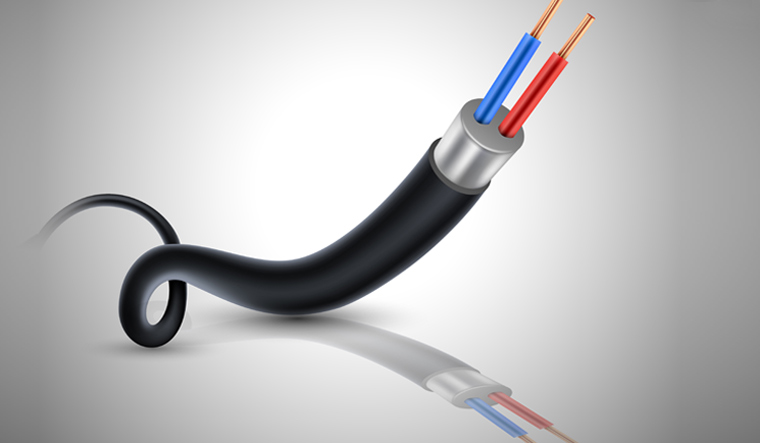
Researchers in Australia have developed a new chemically stable and thermally highly conductive material to deal with overheating issues in modern devices, an advance that will pave the way for next generation foldable phones, wearable technology and miniaturised electronics.
Scientists from the Melbourne-based Deakin University's Institute for Frontier Materials (IFM), along with researchers from Northern Ireland and Japan, developed the new material after spending seven years working to understand its intrinsic properties.
IFM researchers Luhua Li and Alfred Deakin Postdoctoral Research Fellow Qiran Cai said heat management had become a critical issue, especially in miniaturised modern devices.
"Heat management is quite important you can feel and hear when your device is overheating and not working efficiently, when your phone gets hot to the touch or your laptop's internal fan kicks into overdrive," Li said.
With increasing demand in miniaturisation and emerging technology such as foldable phones, micro-machines and wearable devices, thermal cooling has become critical for the performance, reliability, longevity and safety of various products.
"This is a fundamental breakthrough, and with time and further research it will help to open up the boundaries of what's possible in electronic devices particularly as the trend in next generation electronics will most likely need to be flexible," Li said.
Scientists are striving to come up with alternatives to aluminium and copper, which are conductive and potentially cause short circuit problems.



No comments:
Post a Comment